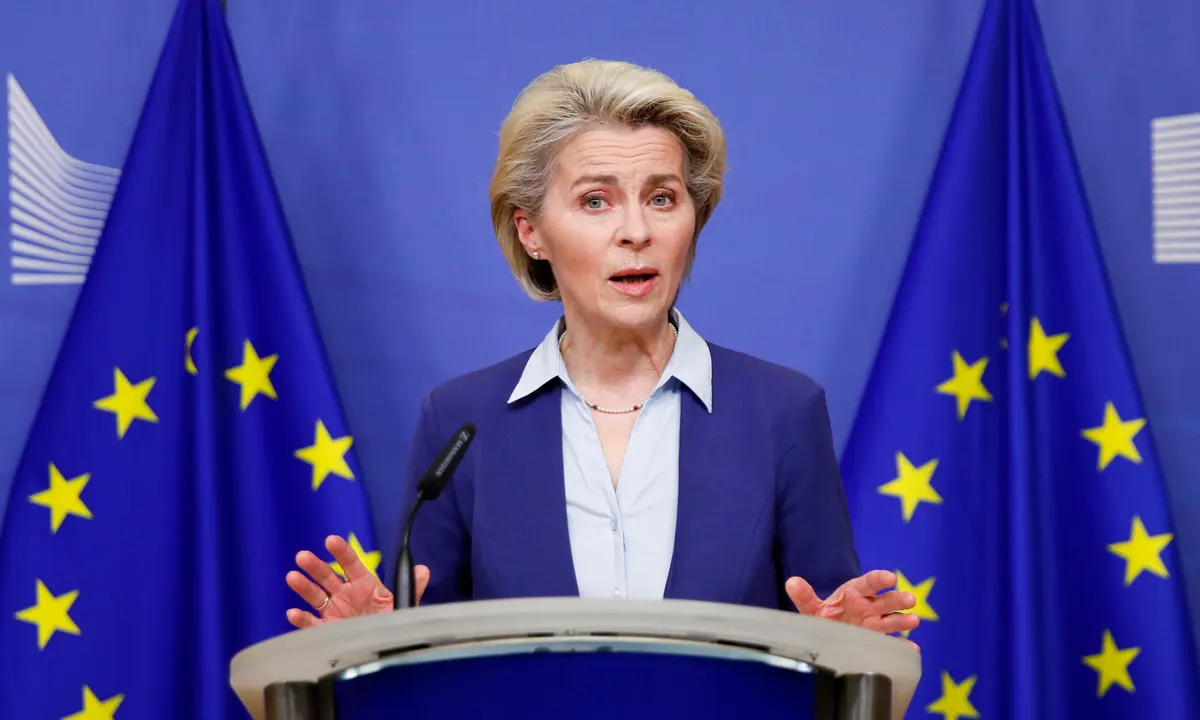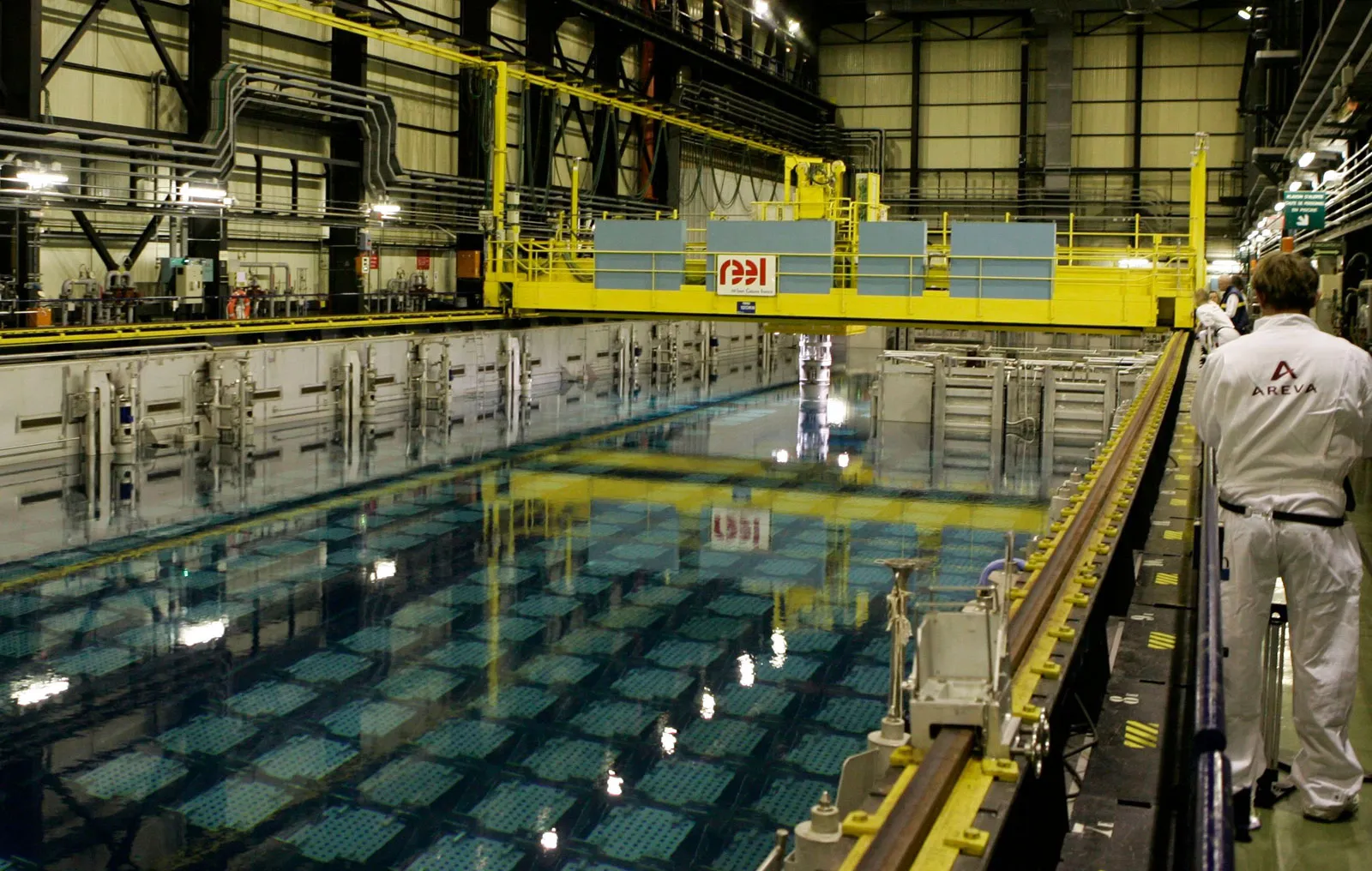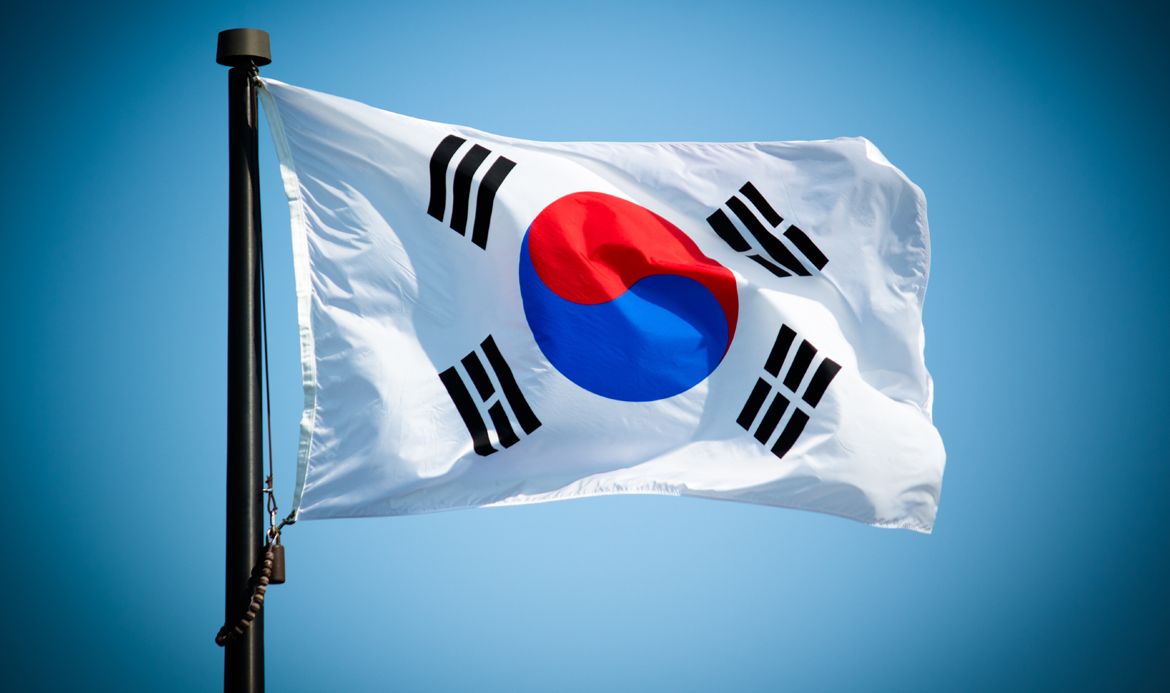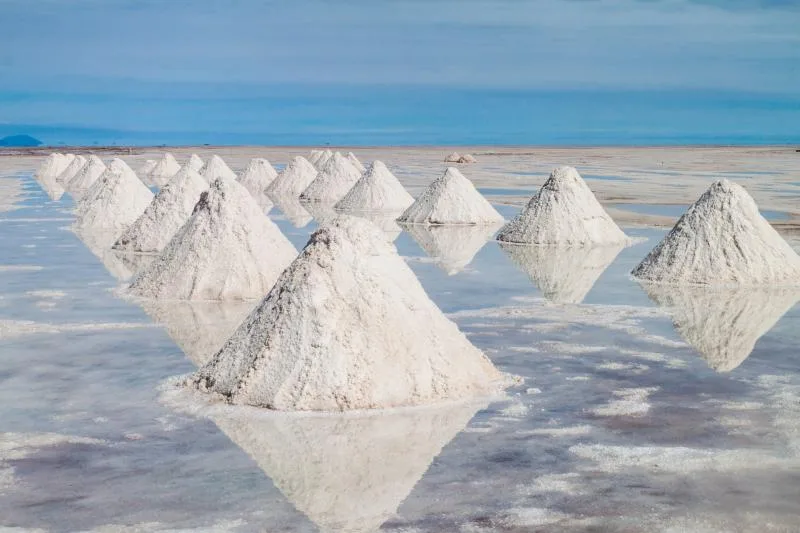Europe is scrambling to secure critical minerals supply for the green energy transformation while firing shots at China as European EV car manufacturers struggle to keep up with global competition.
The European Union is taking action on what it calls cheap Chinese electric vehicles, saying it will launch an “anti-subsidy investigation” – while working to establish a club of critical raw materials partners in the race for green technology.
In a ‘State of the Union speech, the European Commission President von der Leyen said markets “are flooded with cheaper Chinese electric cars with prices artificially kept low by huge state subsidies that are distorting the market.”
“So I can announce today that the Commission is launching an anti-subsidy investigation into electric vehicles coming from China. Europe is open to competition. Not for a race to the bottom.”
The Commissioner has been under pressure from European car makers to do something about China’s EV production. The country just this year surpassed Japan as the world’s largest car maker.
UBS analysts earlier had warned western carmakers are set to lose a fifth of their global market share, because of the rise of Chinese EVs.
Chinese firms now hold 50% of total auto sales globally, according to data from the China Automotive Technology and Research Centre.
Some analysts suggested it was too little, too late for Europe to compete with Chinese EV makers.
Meanwhile, von der Leyen announced Europe would invest at least €20 Billion into critical minerals supply chains through 2030.
“Critical raw materials are indispensable for a wide set of strategic sectors including the net zero industry, the digital industry, aerospace, and defence sectors,” she said.
The Union will introduce the “Critical Raw Materials Act” to “equip the EU with the tools to ensure the EU’s access to a secure and sustainable supply of critical raw materials.”
Thierry Breton, European commissioner for the internal market. said the EU must invest in critical minerals supplies on a massive scale, to ensure diversification away from “quasi-monopolistic third-country suppliers.”
“You have to invest quickly and massively just to meet our needs for raw materials for batteries (lithium, cobalt, nickel, manganese and natural graphite),” he said.
More than €20bn will have to be invested by 2030. However Europe accounts for less than 3% of global spending on mineral exploration,” he said.
The block of European nations would seek partnerships with “reliable partners” for critical minerals, including deals with African nations, along with Canada and an upcoming free-trade deal with Australia.
When Europe is bold, it gets things done.
— Ursula von der Leyen (@vonderleyen) September 13, 2023
And our work is far from over – so let’s stand together.
Let’s deliver today and prepare for tomorrow.
My #SOTEU address ↓ https://t.co/xylh1zY44d






